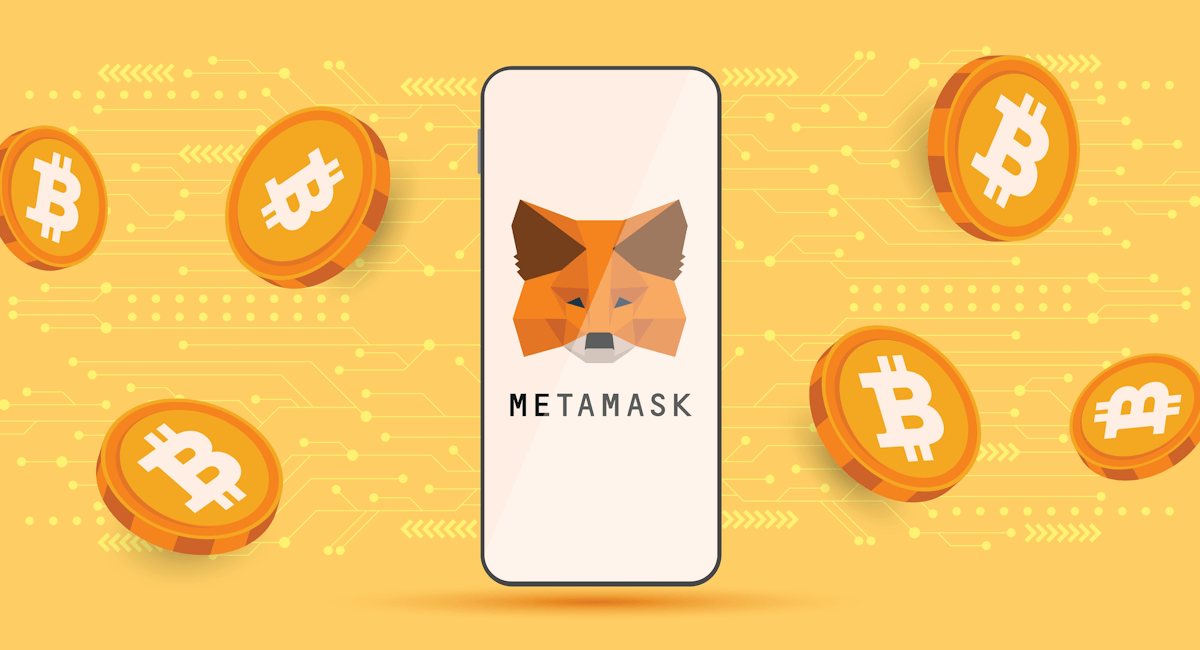In the rapidly evolving world of cryptocurrency, the need for secure storage of digital assets has become paramount. A crypto wallet is a software or hardware tool designed to store, send, and receive cryptocurrencies like Bitcoin, Ethereum, and countless altcoins Metamask wallet. Whether you’re a seasoned crypto trader or just dipping your toes into the world of digital currencies, understanding how crypto wallets work is essential for securing your investments.
What is a Crypto Wallet?
A crypto wallet is a digital tool that stores private and public keys—essentially the credentials that allow you to access and manage your cryptocurrencies. It’s not a physical wallet like a traditional one; instead, it’s software that interacts with the blockchain (the decentralized ledger that records all transactions) to enable the sending and receiving of cryptocurrencies.
Crypto wallets don’t actually “store” your crypto in the same way a bank account stores fiat currency. Instead, they store your private keys, which are necessary to sign transactions and prove ownership of the crypto assets on the blockchain.
Types of Crypto Wallets
There are two main types of crypto wallets: hot wallets and cold wallets. The distinction is based on whether they are connected to the internet or not.
1. Hot Wallets (Online Wallets)
Hot wallets are connected to the internet, making them more convenient for everyday use. These wallets can be accessed via applications or websites and allow you to send and receive cryptocurrencies instantly. However, their connection to the internet makes them more vulnerable to hacking or phishing attacks.
Common types of hot wallets include:
- Software wallets: These are apps or desktop software that store your private keys. Examples include Exodus, Electrum, and Trust Wallet.
- Web wallets: These wallets are browser-based platforms, such as MetaMask and Coinbase Wallet, that store your keys on the web.
- Mobile wallets: Designed for smartphones, mobile wallets like Atomic Wallet or Mycelium offer convenience for users on the go.
2. Cold Wallets (Offline Wallets)
Cold wallets are not connected to the internet, providing enhanced security against online threats. These wallets are ideal for long-term storage or for holding large amounts of cryptocurrency.
Common types of cold wallets include:
- Hardware wallets: These are physical devices that store your private keys offline. Popular examples are the Ledger Nano X, Trezor Model T, and KeepKey. They connect to your computer or smartphone when needed but remain secure when not in use.
- Paper wallets: These are simply printed copies of your private and public keys, often in QR code form. While incredibly secure, paper wallets can be easily lost or damaged, so they require safe physical storage.
How Crypto Wallets Work
When you own cryptocurrency, you actually own the private keys associated with the coins or tokens. Crypto wallets manage these keys, allowing you to interact with the blockchain and perform various functions such as sending, receiving, and checking your balance.
- Public keys: These are like an account number, which can be shared publicly. When someone wants to send you cryptocurrency, they use your public key to do so.
- Private keys: These are the most critical part of a crypto wallet. Think of them as your password to your wallet—only you should have access to them. If someone gains access to your private key, they can potentially steal your assets.
Choosing the Right Wallet
The right crypto wallet for you depends on several factors, including your level of experience, the amount of cryptocurrency you own, and how frequently you intend to use it.
- For beginners: A hot wallet with a user-friendly interface might be ideal. Software wallets or web wallets offer the ease of access required for everyday transactions.
- For advanced users and investors: A cold wallet, such as a hardware wallet, is the safest choice for securing large amounts of cryptocurrency. These are ideal for long-term holders who don’t need to access their funds frequently.
- For frequent traders: A hot wallet provides the flexibility required for quick trades, though it’s important to ensure that it offers strong security features (e.g., two-factor authentication, encryption).
Security Tips
No matter which type of wallet you choose, maintaining strong security is vital. Here are a few tips to help protect your assets:
- Backup your wallet: Always keep a backup of your private keys or recovery phrase (usually a 12-24 word sequence). This can help you restore access if your wallet is lost or damaged.
- Enable two-factor authentication (2FA): For added security, use 2FA wherever possible, particularly with hot wallets and exchanges.
- Be cautious of phishing scams: Avoid clicking on links from untrusted sources and always verify that you’re accessing the correct wallet website or app.
- Store your private keys securely: If using a hardware wallet or paper wallet, store them in a safe location, like a locked safe, and never share them with anyone.
Conclusion
A crypto wallet is an essential tool for anyone participating in the world of cryptocurrency. Whether you choose a hot wallet for convenience or a cold wallet for security, understanding how these wallets work and how to properly secure them is key to safeguarding your digital assets. As the crypto market continues to grow, the importance of proper wallet management will only increase, making it crucial to stay informed and prepared.
